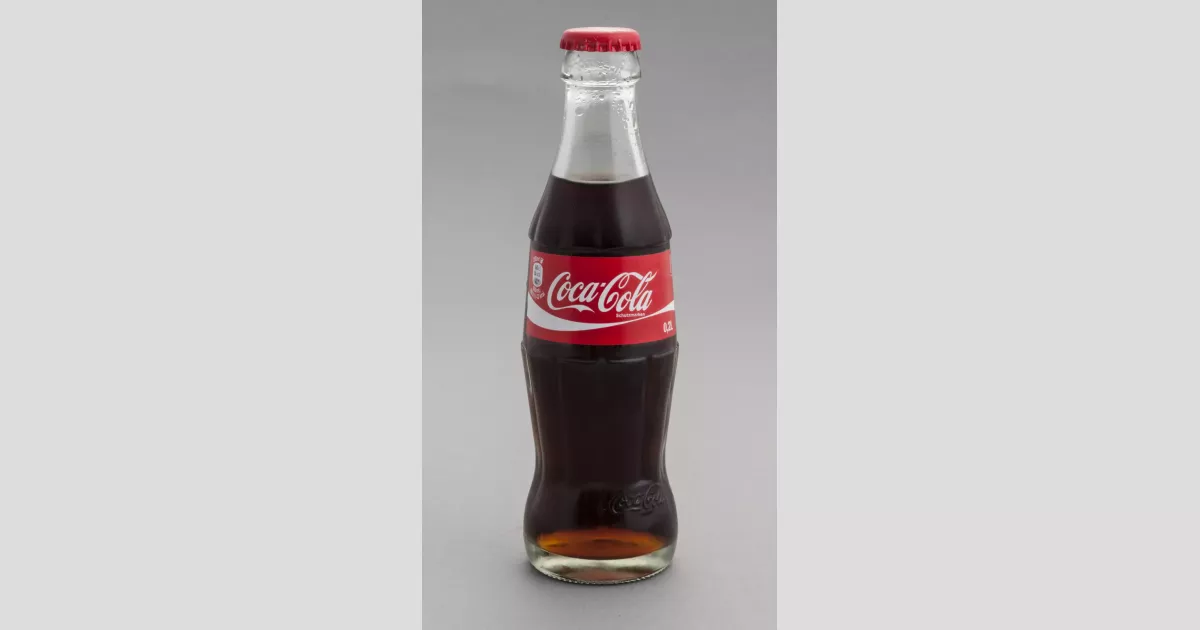Coca-Cola is a globally recognized cola soft drink produced by The Coca-Cola Company. As of 2013, it was sold in over 200 countries, with over 1.8 billion servings consumed daily. In 2024, Coca-Cola ranked 94th on the Fortune 500 list of largest U.S. corporations by revenue. It was also ranked as the world's sixth most valuable brand in Interbrand's 2023 study.
August 1900: Coca-Cola is sold in Britain
On August 31, 1900, Coca-Cola was first sold in Britain.
1903: Removal of fresh coca leaves from Coca-Cola formula
In 1903, the Coca-Cola formula was changed to remove fresh coca leaves from the ingredients.
1904: Coca-Cola begins using "spent" coca leaves
In 1904, Coca-Cola replaced fresh coca leaves with "spent" leaves, which are the leftovers from the cocaine-extraction process and contain trace levels of cocaine.
1906: First Coca-Cola bottling plant outside the United States established in Cuba
In 1906, Coca-Cola's first bottling plant outside the United States was established in Cuba.
1910: Destruction of Early Coca-Cola Company Records
In 1910, the earliest records of the "Coca-Cola Company" were destroyed, reportedly during a move to new corporation offices.
1911: US government lawsuit regarding caffeine content
In 1911, the US government sued the Coca-Cola Company to remove caffeine from its formula in United States v. Forty Barrels and Twenty Kegs of Coca-Cola.
1912: Amendment to US Pure Food and Drug Act
In 1912, the US Pure Food and Drug Act was amended, adding caffeine to the list of "habit-forming" and "deleterious" substances which must be listed on a product's label.
1913: Appeal to the Sixth Circuit
In 1913, the case regarding the caffeine content of Coca-Cola was appealed to the Sixth Circuit in Cincinnati, where the ruling was affirmed.
1914: Margaret Dozier Claims Forged Signature
In 1914, Margaret Dozier, as co-owner of the original Coca-Cola Company in 1888, claimed that her signature on the 1888 Coca-Cola Company bill of sale had been forged.
November 1915: Design patent issued for Coca-Cola bottle
In November 1915, a design patent was issued for the prototype Coca-Cola bottle.
1915: White Rock Beverages uses Santa to sell mineral water
In 1915, White Rock Beverages first used Santa Claus to sell mineral water.
1915: Competition to design a new Coca-Cola bottle
In 1915, the Coca-Cola Company launched a competition to create a new bottle for their beverage to distinguish it from other beverage bottles.
1915: Introduction of Hobble-Skirt Bottle Design
In 1915, the hobble-skirt design of Coca-Cola bottles became familiar.
1916: Contour bottle chosen at bottler's convention
During the 1916 bottler's convention, Dean's contour bottle was chosen over other entries and was on the market the same year.
1916: Appeal to the Supreme Court
In 1916, the caffeine case was appealed again to the Supreme Court, where the government effectively won as a new trial was ordered.
September 12, 1919: Coca-Cola Co. Purchased by Investors
On September 12, 1919, the Coca-Cola Co. was purchased by a group of investors led by Ernest Woodruff's Trust Company for $25 million and reincorporated under the Delaware General Corporation Law, and publicly offered shares for $40 each.
1919: Trust Company Underwrote Coca-Cola's Initial Public Offering
In 1919, Trust Company, later Truist Financial, underwrote the Coca-Cola Company's initial public offering, and the original copy of the formula was held in its main vault in Atlanta for 86 years.
1920: Contour bottle becomes standard for Coca-Cola
By 1920, the contour bottle became the standard for the Coca-Cola Company.
December 25, 1923: Revised version of Coca-Cola bottle patented
On December 25, 1923, a revised version of the Coca-Cola bottle was patented and was nicknamed the "Christmas bottle".
1923: Robert W. Woodruff Elected President
In 1923, Robert W. Woodruff was elected President of the Coca-Cola Company, and he expanded the company globally, and Coca-Cola began distributing bottles as "Six-packs".
1923: White Rock Beverages uses Santa in advertisements for ginger ale
In 1923, White Rock Beverages used Santa in advertisements for its ginger ale.
1929: Coca-Cola uses cocaine-free coca leaf extract
By 1929, Coca-Cola switched to using a cocaine-free coca leaf extract.
1935: Settling on the Chinese name
In the 1930s and before 1935, the company settled on the name "可口可樂(可口可乐)" (Ke-kou ke-le), which roughly translates to "to allow the mouth to be able to rejoice".
1936: Don Naylor career at WGST
In 1936 Don Naylor started his career at WGST radio, eventually writing and producing Coca-Cola commercials from 1960-1986.
1941: Coca-Cola Officially Endorsed "Coke"
In 1941, Coca-Cola officially endorsed the name "Coke" out of fear that another company may claim the trademark for "Coke".
1941: "Coke" becomes official trademark
In 1941, the nickname "Coke" was first used as an official trademark for the product, with advertisements stating "Coke means Coca-Cola".
July 12, 1944: One-Billionth Gallon of Coca-Cola Syrup Manufactured
On July 12, 1944, the Coca-Cola Company manufactured its one-billionth gallon of Coca-Cola syrup.
1944: Doctrine of strict liability articulated
In 1944, Associate Justice Roger J. Traynor of the Supreme Court of California used a case involving an exploding Coca-Cola bottle to articulate the doctrine of strict liability for defective products in Escola v. Coca-Cola Bottling Co.
1945: "Coke" Became a Registered Trademark
In 1945, "Coke" eventually became a registered trademark of the Coca-Cola Company.
1950: Don Naylor career at WGST
Don Naylor career at WGST lasted from 1936 until 1950, eventually writing and producing Coca-Cola commercials from 1960-1986.
1950: Publication of Charles Howard Candler's Book
In 1950, Charles Howard Candler authored a book published by Emory University, detailing Asa Griggs Candler's purchase of a one-third interest in Coca-Cola on April 14, 1888.
1950: Candler Became Sole Proprietor of Coca-Cola
In Charles Howard Candler's 1950 book about his father, it was stated that Asa Candler became the sole proprietor of Coca-Cola on August 30, 1888.
1951: Don Naylor career at WAGA
In 1951 Don Naylor started his career at WAGA radio, eventually writing and producing Coca-Cola commercials from 1960-1986.
1951: Coca-Cola under scrutiny in Egypt
In 1951, Coca-Cola came under scrutiny in Egypt due to a conspiracy theory that the Coca-Cola logo, when reflected in a mirror, spells out "No Mohammed no Mecca" in Arabic.
1953: Coca-Cola Bought Rights for Spanish Drink
In 1953, Coca-Cola bought the rights for a Spanish drink called "Kola Coca" which was presented at a contest in Philadelphia in 1885.
1955: Raymond Loewy updates Coca-Cola bottle design
In 1955, Raymond Loewy updated the Coca-Cola bottle design to accommodate larger formats.
1955: Cans of Coke First Appeared
In 1955, cans of Coke first appeared.
1959: Don Naylor career at WAGA
Don Naylor career at WAGA lasted from 1951 until 1959, eventually writing and producing Coca-Cola commercials from 1960-1986.
1959: Fixed Price of Coca-Cola Ends
In 1959, the fixed price of Coca-Cola, which had been set at 5¢ since 1886, came to an end.
1960: Don Naylor writes and produces Coca-Cola commercials
From 1960, Don Naylor wrote and produced Coca-Cola television commercials for McCann Erickson, featuring movie stars, sports heroes, and singers.
1960: Coca-Cola stops being available in Cuba
In 1960, Coca-Cola stopped being available officially in Cuba.
1971: Hit song from Coca-Cola commercial
In 1971, a song from a Coca-Cola commercial called "I'd Like to Teach the World to Sing", produced by Billy Davis, became a hit single.
1974: Coca-Cola Switched to High-Fructose Corn Syrup
In 1974, Coca-Cola switched over to high-fructose corn syrup due to spiked sugar prices caused by Soviet demand and market manipulation.
February 28, 1979: Recipe Reproduced in The Atlanta Journal-Constitution
On February 28, 1979, a recipe believed to be Pemberton's original formula for Coca-Cola was reproduced in The Atlanta Journal-Constitution.
1982: The Coca-Cola Company purchased Columbia Pictures
In 1982, The Coca-Cola Company purchased Columbia Pictures.
April 23, 1985: Coca-Cola Introduced "New Coke"
On April 23, 1985, Coca-Cola changed its formula and introduced "New Coke" to the public.
July 10, 1985: Return to Original Formula as Coca-Cola Classic
On July 10, 1985, Coca-Cola returned to its old formula under the name Coca-Cola Classic, due to public backlash against "New Coke".
July 1985: Coca-Cola Called "Coca-Cola Classic"
From July 1985, Coca-Cola was called "Coca-Cola Classic" to distinguish it from "New Coke."
1986: Formation of Coca-Cola Enterprises Inc.
In 1986, the Coca-Cola Company merged with two of their bottling operators (owned by JTL Corporation and BCI Holding Corporation) to form Coca-Cola Enterprises Inc. (CCE).
1986: Don Naylor writes and produces Coca-Cola commercials
Until 1986, Don Naylor wrote and produced Coca-Cola television commercials for McCann Erickson, featuring movie stars, sports heroes, and singers.
1989: Selena becomes spokesperson for Coca-Cola
In 1989, Selena became a spokesperson for Coca-Cola.
1989: Columbia Pictures sold to Sony
In 1989, after underperforming, Columbia Pictures was sold to Sony.
December 1991: Coca-Cola Enterprises Merged with Johnston Coca-Cola Bottling Group, Inc.
In December 1991, Coca-Cola Enterprises merged with the Johnston Coca-Cola Bottling Group, Inc.
1993: Coca-Cola Company purchases Thums Up
In 1993, The Coca-Cola Company purchased Thums Up when they re-entered the Indian market.
1994: Special Selena Coke bottles issued
During 1994, to commemorate Selena's five years with the company, Coca-Cola issued special Selena coke bottles.
1995: Fleeman's Pharmacy Closed
In 1995, Fleeman's Pharmacy closed after 81 years of operation, having been Atlanta's longest-running commercial Coca-Cola soda fountain.
1999: Coca-Cola Company purchases Inca Kola
In 1999, The Coca-Cola Company purchased Inca Kola after it outsold Coca-Cola in Peru.
1999: Introduction of Coke Card loyalty program
In 1999, the Coca-Cola Company introduced the Coke Card, a loyalty program that offered deals on various items with the purchase of Coca-Cola Classic.
2002: Coke II Discontinued
In 2002, Coke II was discontinued.
July 5, 2005: Coca-Cola Resumed Operations in Iraq
On July 5, 2005, Coca-Cola resumed operations in Iraq for the first time since the Arab League boycotted the company in 1968.
2005: Coca-Cola and Diet Coke outsell Irn-Bru in Scotland
In 2005, Coca-Cola and Diet Coke began to outpace the sales of Irn-Bru, a locally produced drink, in Scotland.
2006: Introduction of My Coke Rewards
In 2006, Coca-Cola introduced My Coke Rewards, a loyalty campaign that allowed consumers to earn points by entering codes from specially marked packages of Coca-Cola products into a website for prizes or sweepstakes entries.
January 2009: Removal of "Classic" from Coca-Cola Labels
In January 2009, Coca-Cola stopped printing the word "Classic" on the labels of 16-US-fluid-ounce bottles sold in parts of the southeastern United States as part of a strategy to rejuvenate the product's image.
November 2009: Costco Stopped Restocking Coke Products
In November 2009, Costco stopped restocking its shelves with Coca-Cola and Diet Coke due to a dispute over wholesale prices.
2009: Coca-Cola Light's Tribute to Fashion
In 2009, Coca-Cola Light in Italy had a Tribute to Fashion to celebrate 100 years of the recognizable contour bottle, with Italian designers creating limited edition bottles.
2009: End of "Coca-Cola Classic" Name
In 2009, the name "Coca-Cola Classic" was discontinued, marking the end of its use to differentiate from "New Coke."
February 11, 2011: Recipe Found on This American Life
On February 11, 2011, Ira Glass said on his PRI radio show, This American Life, that his staffers had found a recipe in "Everett Beal's Recipe Book", reproduced in the February 28, 1979 issue of The Atlanta Journal-Constitution, that they believed was either Pemberton's original formula for Coca-Cola or a version that he made either before or after the product hit the market in 1886.
September 22, 2011: Coca-Cola Announced Price Reductions
On September 22, 2011, Coca-Cola announced price reductions, asking retailers to sell eight-packs for $2.99, and announced the 12.5-ounce bottle, to sell for 89 cents.
December 8, 2011: Secret Formula Moved to New Vault
On December 8, 2011, the original secret formula for Coca-Cola was moved from the vault at SunTrust Banks into a new vault at the World of Coca-Cola museum in downtown Atlanta.
2011: Removal of "Classic" from All Coca-Cola Products
By 2011, the word "Classic" was removed from all Coca-Cola products.
2011: "Share a Coke" campaign in Australia
In 2011, Coca-Cola began the "Share a Coke" campaign in Australia, replacing the Coca-Cola logo on bottles with popular first names.
2012: Coca-Cola Resumed Business in Myanmar
In 2012, Coca-Cola resumed business in Myanmar after 60 years of absence due to US-imposed investment sanctions against the country.
2013: Coke Products Sold in Over 200 Countries
In 2013, Coca-Cola products were sold in over 200 countries and territories worldwide, with consumers drinking more than 1.8 billion company beverage servings each day.
2013: Coke Products Removed from Costco Food Courts
In 2013, a pouring rights deal led to the removal of Coca-Cola products from Costco food courts in favor of Pepsi.
2013: "Share a Coke" campaign in the UK
In 2013, the "Share a Coke" campaign, which replaces the Coca-Cola logo with first names, was introduced to Coca-Cola, Diet Coke, and Coke Zero bottles and cans in the UK.
2019: Coca-Cola shares first bottle made with ocean plastic
In 2019, Coca-Cola shared the first beverage bottle made with ocean plastic.
2020: Planned Investment in India by 2020
By 2020, Coca-Cola and its partners planned to invest US$5 billion in its operations in India.
February 2021: Coca-Cola Announced Plan to Combat Plastic Waste
In February 2021, Coca-Cola announced that it would start selling its sodas in bottles made from 100% recycled plastic material in the United States, and started by selling 2000 paper bottles to see if they held up due to the risk of safety and of changing the taste of the drink.
2021: Coca-Cola petitions to cancel registrations for Thums Up and Limca marks
In 2021, Coca-Cola petitioned to cancel registrations for the marks Thums Up and Limca issued to Meenaxi Enterprise, Inc. based on misrepresentation of source.
2023: Coca-Cola Market Share in India
As of 2023, Coca-Cola held a 9% market-share in India while Thums Up and Sprite had a 16% and 20% market share respectively.
2023: Coca-Cola Ranked Sixth Most Valuable Brand
In 2023, according to Interbrand's "best global brand" study, Coca-Cola was the world's sixth most valuable brand.
2024: Coca-Cola Ranked No. 94 in Fortune 500
In 2024, Coca-Cola ranked No. 94 in the Fortune 500 list of the largest United States corporations by revenue.
2030: Coca-Cola's Recycling Goal for 2030
By 2030, Coca-Cola planned to recycle one bottle or can for each one it sold.
Mentioned in this timeline
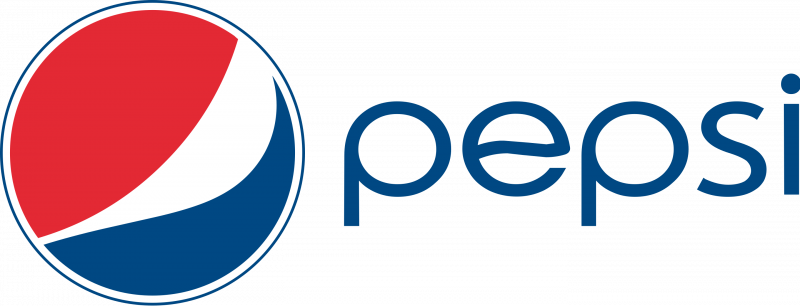
Pepsi is a cola-flavored carbonated soft drink and the flagship...
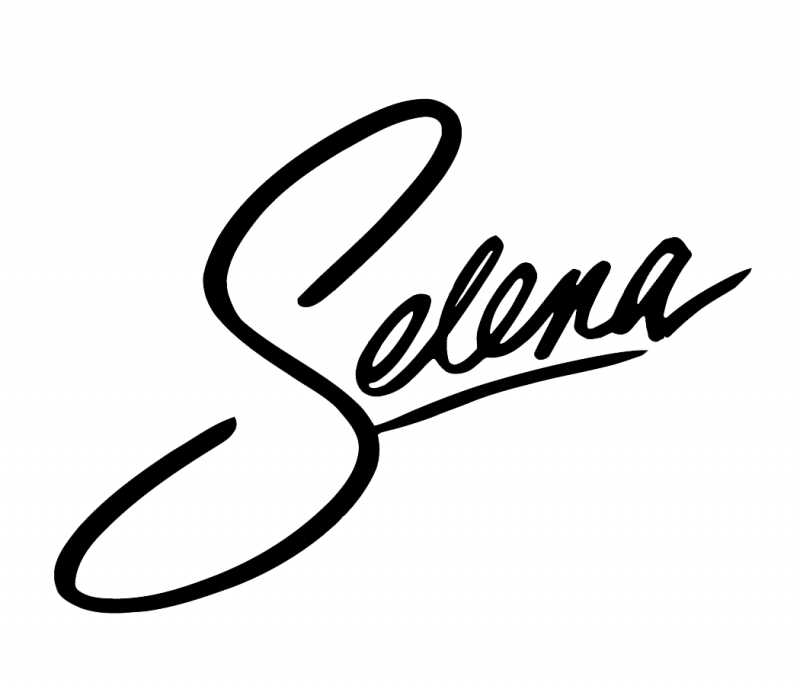
Selena Quintanilla-P rez known as Selena was an influential American...
Ukraine is a country in Eastern Europe the second-largest on...

Elvis Presley the King of Rock and Roll was a...
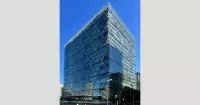
Sony is a Japanese multinational conglomerate based in Tokyo Its...
India officially the Republic of India is a South Asian...
Trending

26 minutes ago Civil Rights Icon Jesse Jackson Passes Away at 84: A Legacy Remembered

1 day ago Democrats and Europe grapple with Trump's impact; Newsom says Trump unified Europe.
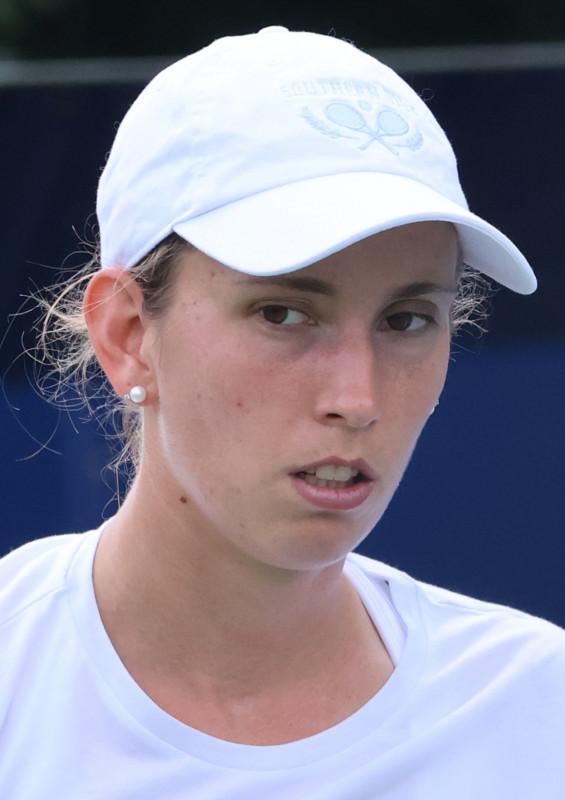
26 minutes ago Elise Mertens faces Emma Navarro in WTA Dubai 2026; Predictions and Odds
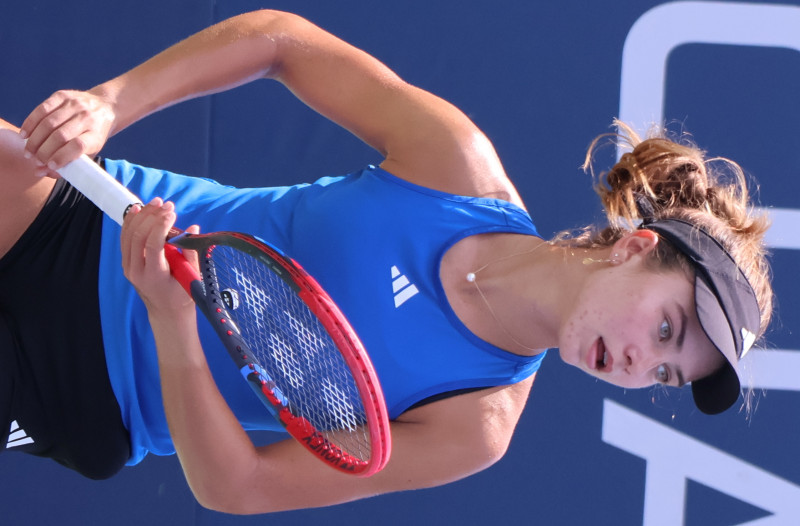
1 day ago Iva Jovic Inspired by Djokovic, Competes in WTA Dubai, Faces Anisimova.
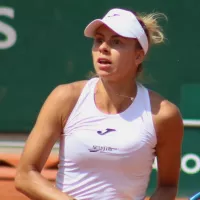
1 hour ago Magda Linette Advances to WTA Dubaj Round 2, Fr?ch Eliminated, Other Final Matches

1 hour ago Clara Tauson vs. Peyton Stearns: WTA Dubai 2026 Match Prediction and Preview
Popular
Randall Adam Fine is an American politician a Republican who...

Pam Bondi is an American attorney lobbyist and politician currently...

Kid Rock born Robert James Ritchie is an American musician...

Barack Obama the th U S President - was the...
The Winter Olympic Games a major international multi-sport event held...

XXXTentacion born Jahseh Dwayne Ricardo Onfroy was a controversial yet...
